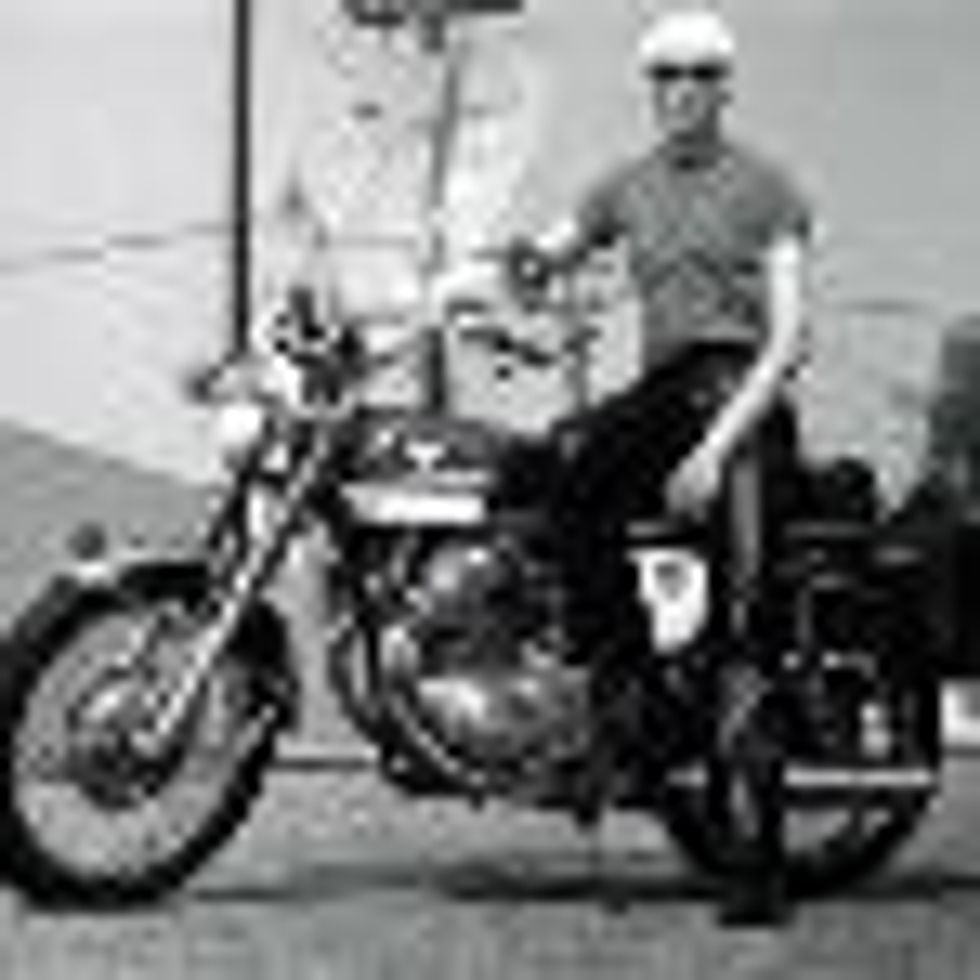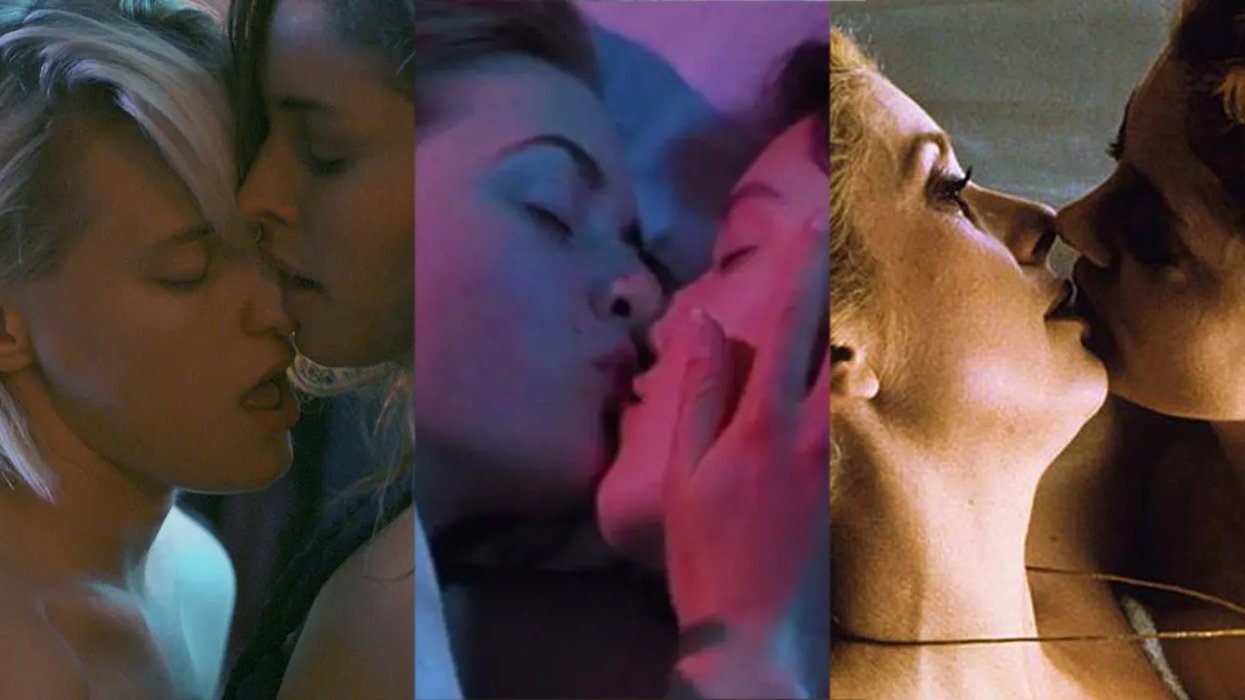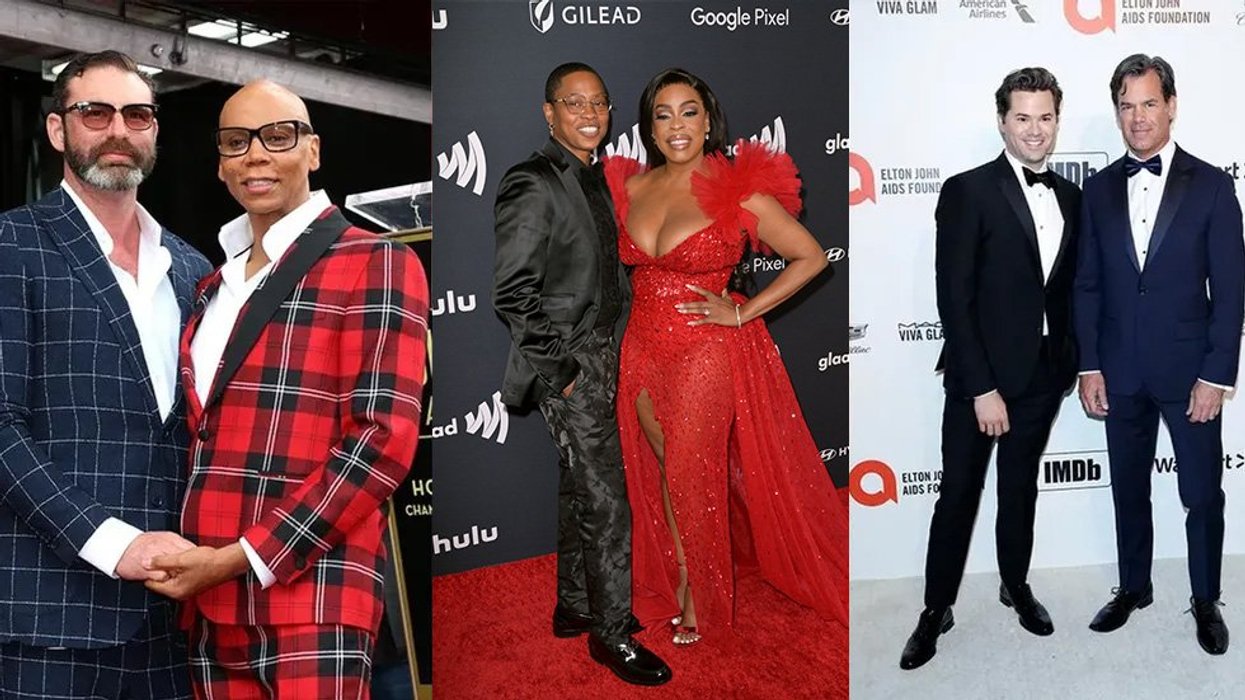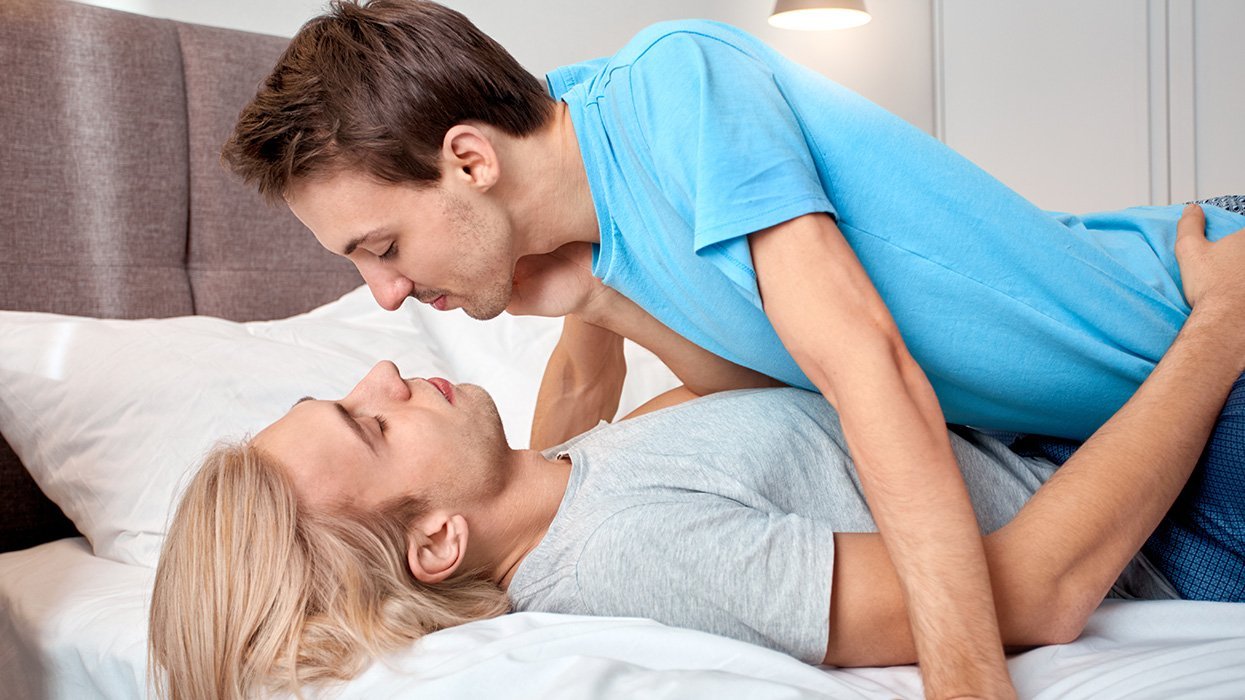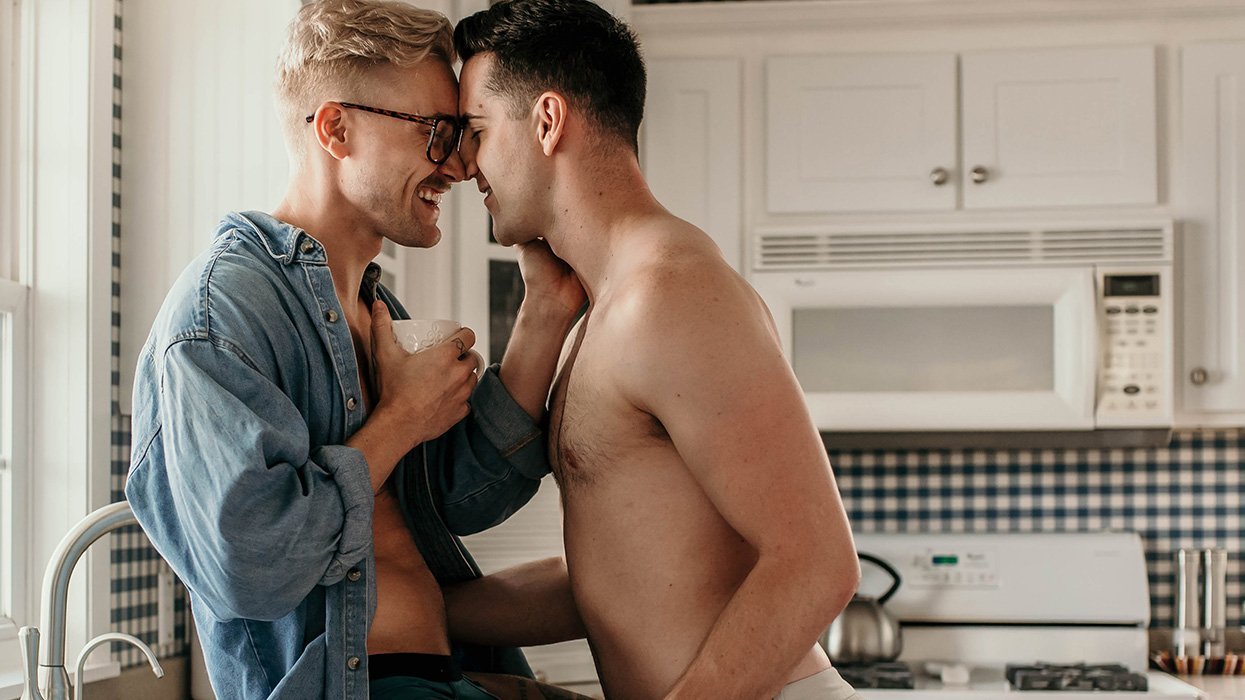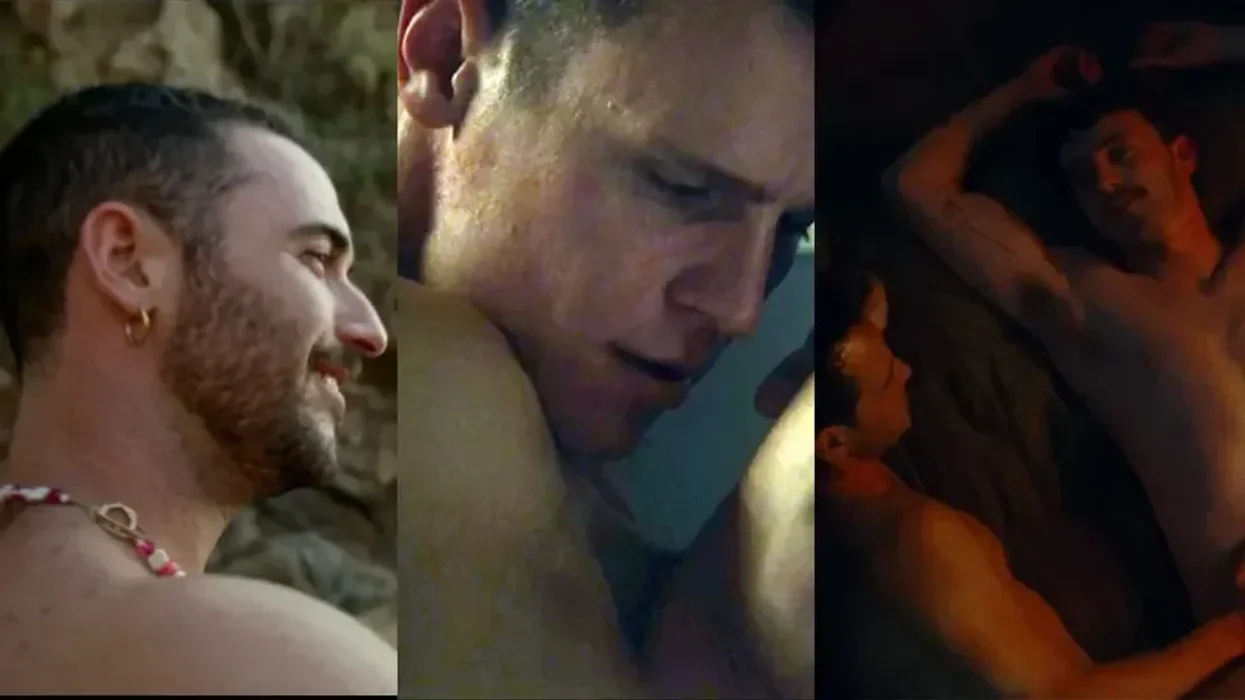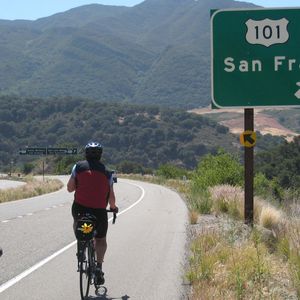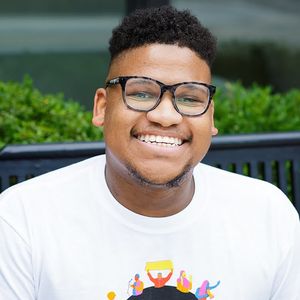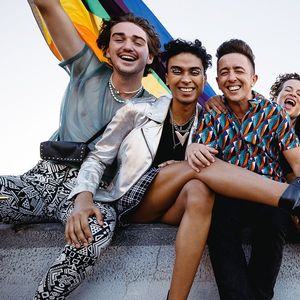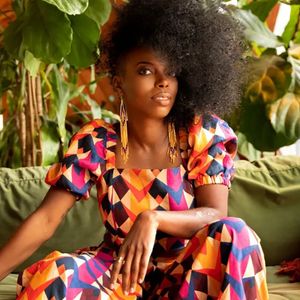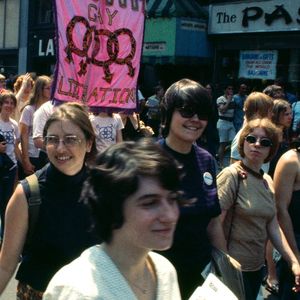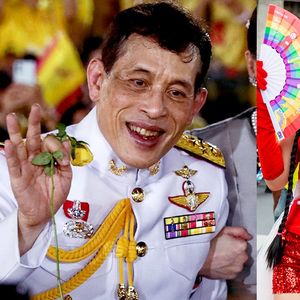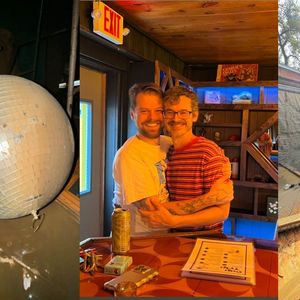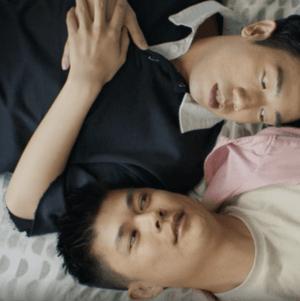Her name is hard to forget. And so is the work she has done for lesbian women. In 2006, she was recognized as a “Feminist Who Changed America” for her efforts as an activist, educator and founder of the Los Angeles-based Lesbian News. And in 2009, she was doubly honored with a City of West Hollywood proclamation and an Etheridge award (named after singer Melissa Etheridge), given to those with a distinguished record of service to the LGBT community. Yet for all her accomplishments, Jinx Beers is still a neglected figure in contemporary lesbian history.
The Pasadena native self-published her autobiography, Memoirs of an Old Dyke in 2009. But it wasn’t with an eye to drawing attention to herself. As she modestly observes, the main motivation to tell her story came from the idea that “perhaps there [was] someone out there who [was] interested in reading about an old dyke who has been out of her personal closet since 1955.”
The youngest of five children, Beers was born into a lower middle-class family during “the worst part of the Great Depression.” She had a difficult relationship with her mother, whom she realizes she didn’t so much hate as much as could not respect. And swirling around her were family tragedies and dysfunctions, including an older brother’s suicide and paternal sexual abuse of her two sisters.
To escape a limited (and limiting) world, Beers joined the Air Force at age 18. Aware she was lesbian from a young age—or as she puts it, “in the womb”—she began exploring her homosexuality only after she enlisted. She left the military four years later and returned to Los Angeles, a fully-blossomed butch.
More on next page...
\\\
(continued)
With funds from the G.I. Bill, Beers went on to earn a degree in psychology from UCLA. She landed her first professional job at the UCLA Institute of Transportation and Traffic Engineering. It was during this time—and especially after the Stonewall riots of 1969—that Beers became more politically involved in the emerging struggle for gay and lesbian rights. In 1970, she began by teaching a class through the UCLA Experimental College called “The Lesbian Experience.”
From there, she joined a group called the Lesbian Activists. “This was a time when you could be arrested for showing a woman how to use a speculum and mirror to examine herself,” she writes in her memoir. “It was a time when police still walked through lesbian bars just to intimidate, without any real cause for entry, and there was nothing we could do about it.” Except, of course, unite in solidarity.
In August 1975—and with her own money—Beers founded The Lesbian News. “It was an inauspicious beginning,” she remembers. “We stuck [the newspaper] under windshields of cars in lesbian bar parking lots that screamed: WHO ARE WE?” During Beers’ 14-year tenure as the LN owner and managing editor, the paper grew from a scruffy “street rag” to a well-respected publication with a subscription list that numbered in the thousands.
The 1970s were also significant for Beers in that it was at this time that she became involved in the Lesbian Rights Task Force division of the LA chapter of NOW, just before it disintegrated due to internal power struggles. In her role as Task Force liaison to the LA NOW Board, she came face-to-face with oppression from straight women she at first believed were here “sisters.” “I realized they only knew how to function as their patriarchal examples had taught them,” she reflects sadly.
More on next page...
\\\
(continued)
The last major political involvement Beers recalls in her memoir is the 1975 sit-in she and a group of activist friends participated in at a local Los Angeles television station, KLAC. After host Mort Sahl called for the annihilation of gays and lesbians, Beers and her colleagues peacefully occupied the KLAC studios for three days. Though their call for Sahl’s immediate firing went unheeded, they were ultimately vindicated when his contract was not renewed for the following year.
One could say that Beers’ autobiography is itself a political act, the culmination of a life lived with fierce personal integrity. In its plain-spoken honesty, the memoir is meant as a record of a lesbian who wants to leave a record of the struggles of a previous generation for civil rights.
“I have much admiration for the younger generation [of lesbians], who in general, are more readily ‘out’ and willing to push the limits. [But] [m]any of them don’t understand they can do that based on what [we] went through fifty years ago.”
More than that, though, the book is the product of a woman who, in the end, just wants to be seen an ordinary citizen with “the same problems, desires, successes and failures” as any other person, gay or straight.
“Maybe the next step [for LGBT people] is not to have a ‘community’ at all, but to be integrated into the social structure seamlessly,” she says. “Wouldn’t the ideal situation be that we don’t feel the need to identify ourselves separately because we are accepted as ‘normal’ members of society?”
Follow SheWired on Twitter!
Follow SheWired on Facebook!
Be SheWired's Friend on MySpace!